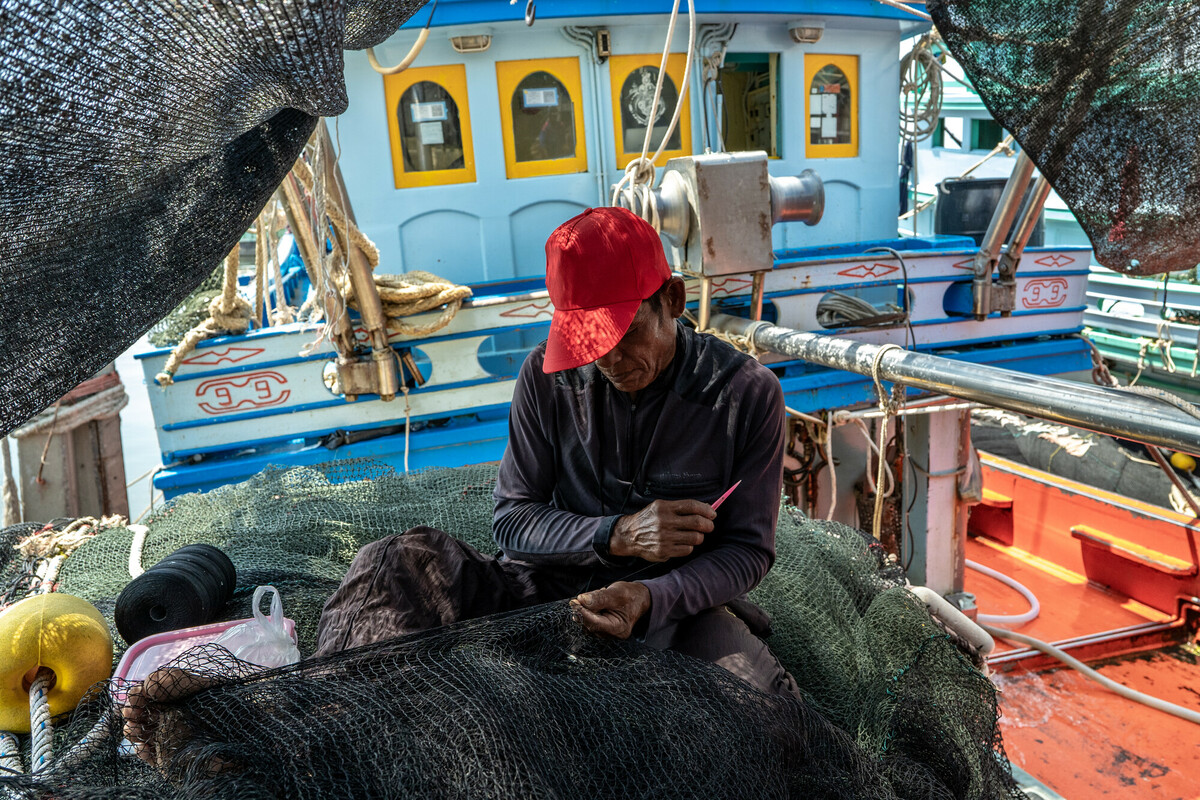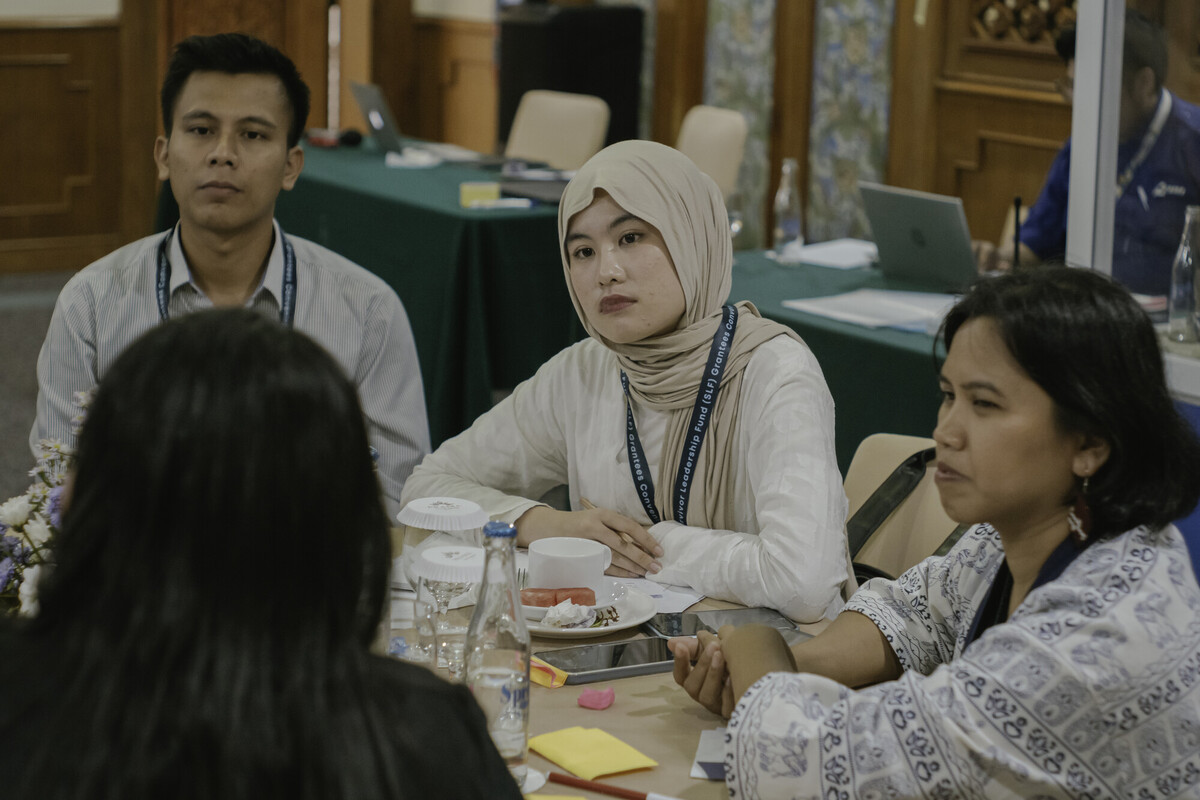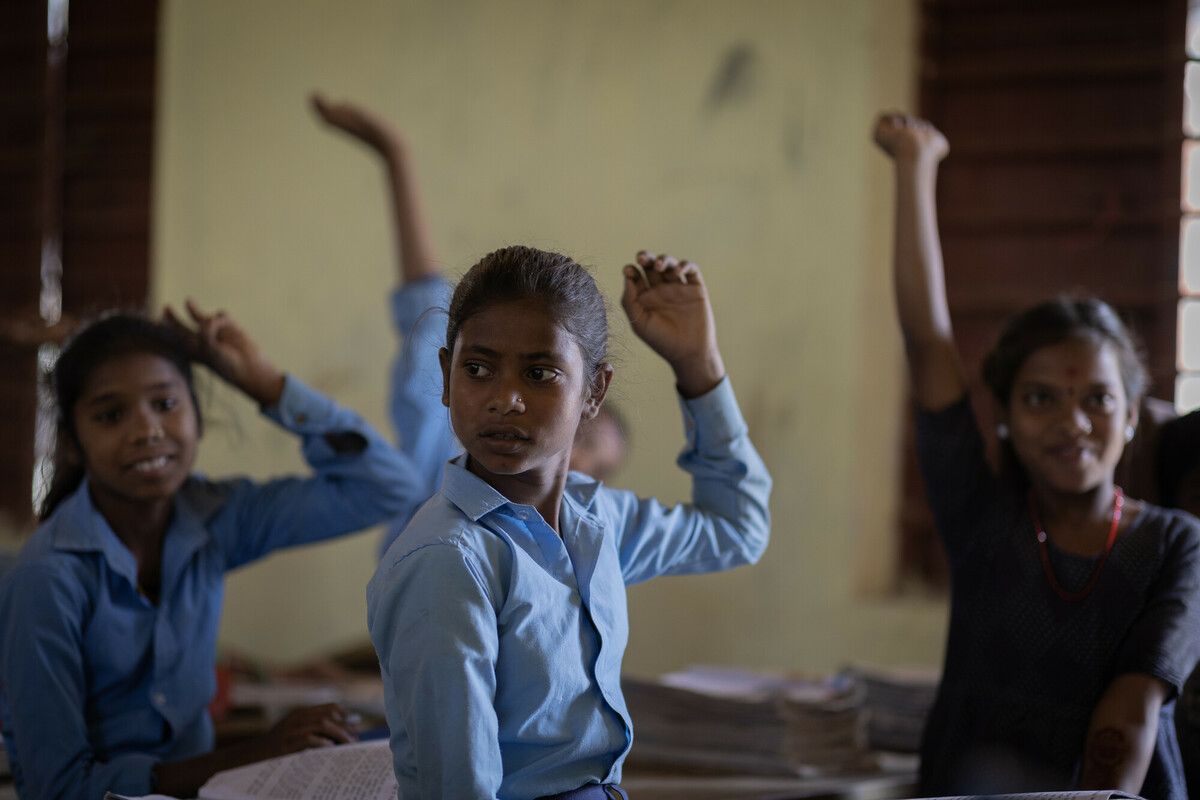
Investing in communities, partnering for change
As a global fund, we are a partner and a catalyst on the forefront of ending slavery and exploitation. We work to change the global systems that enable modern slavery to exist.

Our approach
We invest in and partner with frontline organisations and leaders effectively working to end modern slavery in their communities.
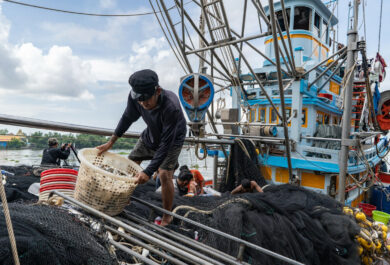
Our research
We build evidence and share knowledge about what works in order to drive investment in the anti-slavery movement.
Funding the frontlines
Frontline organisations have the legitimacy, knowledge, and experience to end slavery and can have a transformative effect in their communities.
We partner with these organisations to directly combat slavery in “hotspots” – geographies where slavery is most prevalent.
Explore our hotspots
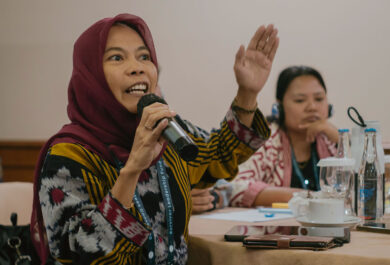
Freedom Rising
We facilitate a feminist leadership program that supports and connects frontline leaders, especially women, survivors and individuals from marginalised groups.
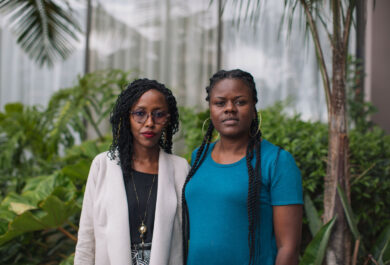
Survivor Leadership Fund
We provided unrestricted grants to survivor-led organisations for institutional strengthening and greater impact.
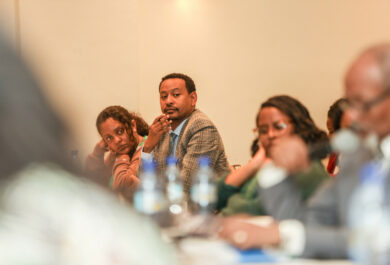
Convening
We provide small grants to promote more inclusive convenings and ensure meaningful inclusion of survivors.
Corporate accountability
27.6 million people are in a situation of forced labour in the private economy, producing raw materials and manufactured products destined for consumer markets. Companies must take a central role in eradicating forced labour from their value chains.
We invest in cutting-edge advocacy and litigation efforts to increase accountability for abuses and shift corporate behaviour as a driver of forced labour across the global economy.
